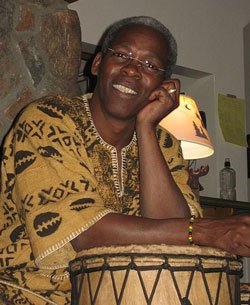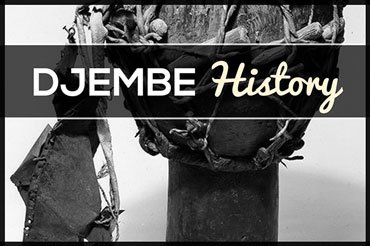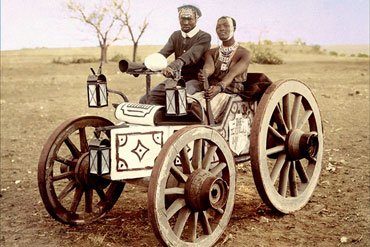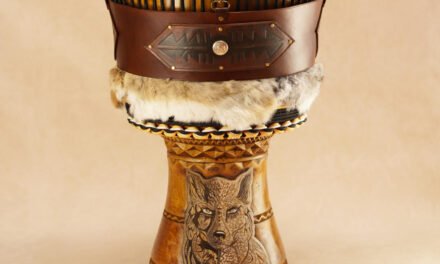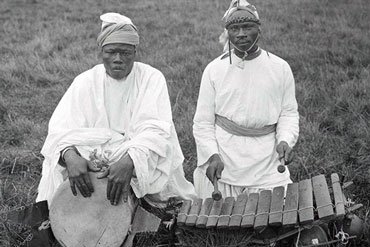As the third anniversary of Mamady Keïta’s passing approaches on June 21, the world of music still mourns the loss of one of the most influential figures in African drumming.
Keïta’s legacy remains, leaving a benchmark for generations of musicians. Mamady’s life was remarkable, and his contribution to world music will be celebrated for generations.
Mamady Keïta was born in Summer of 1950, in Balandougou, Guinea. It was a country renowned for its rich musical heritage.
From a young age, Keïta showed talent for rhythm, playing traditional Mandinka drumming under the tutelage of the village’s master djembefola (literally ‘one who makes the djembe speak’). His dedication and passion for the art form propelled him on a lifelong journey to become one of the most revered percussionists of his time.
Throughout his illustrious career, Mamady Keïta’s rhythmic prowess dazzled audiences around the globe.
When he was only twelve years old, he was scouted by a recruiter for ballet of Siguiri (a drum troupe).
Just two years later, Keïta was chosen by Guinea’s Minister of Culture to be part of Le Ballet National Djoliba (The Djoliba National Ballet), along with fifty other percussionists and artists.
He would go on to become lead solist and later musical director for the Djoliba National Ballet.
Keïta’s rhythmic virtuosity and dynamic performances earned him acclaim both within Africa and internationally. He moved to Belgium in 1988 and started Tam Tam Mandingue, a percussion school, which he turned into a successful worldwide franchise.
Mamady Keïta also performed and recorded with his band Sewa Kan, and embarked on several solo endeavors, releasing several critically acclaimed albums. “Nankama” and “Hamana” (with Famoudou Konate) showcase his virtuosity and mastery of the djembe, earning him widespread recognition and accolades.
He also released several instructional books and videos. Through workshops, masterclasses, and educational initiatives, he shared his knowledge and passion with countless students, ensuring that the legacy of African percussion would endure for generations to come.
Throughout an incredible career, he performed with many other renowned West African drummers, like Bolokada Conde, Mohamed Diaby, Amara Kante and Barbara Bangoura.
From sold-out concert halls to intimate workshops, Keïta’s left an unforgettable impression on all who had the privilege of seeing him play.
Tragically, Mamady Keïta passed away on June 21, 2021, leaving behind a profound void in the world of music. His death was met with an outpouring of tributes from fellow musicians, students, and fans who were touched by his music and his spirit. While he may no longer be with us, his legacy lives on through his recordings, his teachings, and the countless lives he touched with his music.
As we commemorate the third anniversary of Mamady Keïta‘s passing, let us remember him not with sorrow, but with gratitude for the gifts he gave us. His djembe will still sound, his voice will still inspire, and his spirit will endure through the universal language of music.
Rest in rhythm, Mamady, your beat lives on.

